2025 SESNZ CONFERENCE
SESNZ Conference
19th-21st November 2025,
Massey University, Albany Campus
North Shore, Auckland

Homegrown Excellence, World-Class Results
SESNZ is pleased to announce our annual SESNZ Conference will take place from the 19th to the 21st of November 2025 hosted by Massey University, Auckland with the added bonus this year of having the pre-Conference Strength & Conditioning Practitioner Day, 18th November 2025.
We will bring together leading experts, practitioners and researchers to share their knowledge and insights. Keep an eye out for announcements about special conference events for our members.
Key Dates
Abstracts Open: Tuesday 3rd June – Friday 29th August
Abstracts Reviewed: Monday 16th June – Monday 15th September
Registration opens: Thursday 3rd July – Friday 7th November
Earlybird Registration: Thursday 3rd July – Friday 26th September
Optional Social Function: Wednesday 19th November
Conference Dinner: Thursday 20th November
NZSCA Practitioner Day: Tuesday 18th November
SESNZ Conference: 19th- 21st November
Conference highlights include:
- A two day programme spread over three days offering insight and expertise in sport and exercise science research and practice whilst allowing for easy travel before and after
- Oral and poster presentations of original Sport and Exercise Science research
- Awards available to reward outstanding research
- All presented research abstracts published in The Journal of Sport and Exercise Science (JSES)
- Early-bird and member discounts available
- A selection of leading invited speakers with topics relevant to a range of Sport and Exercise Science disciplines
- Themed sessions including:
- Sport Science Insights from practitioners
- Clinical Exercise Physiology dedicated stream sessions
- Occupational Human Performance
- Female Athletes
- Research and Innovation: Connecting NZ academics and industry (R&D presentations from key industry organisations)
- Performance Analysis
Tuesday: S&C Practitioner Day 9:00AM – 6:00PM including lunch
Wednesday: Midday registration opens followed by first Keynote at 1:00PM+ optional entertainment at 6:00PM
Thursday: Start day 9:00AM finish at 5:00PM + entertainment at 6:30PM
Friday: Start day 9:00AM and finish at 1.00PM
Sport and Exercise Science New Zealand Annual Conference 2025
Official SponsorsFancy becoming a Sponsor in 2025? Email Vanessa on natmanager@sesnz.org.nz to find out more.
Keynote And Invited Speakers
Please continue to check back to this page to view additional speaker bio’s as our programme evolves.
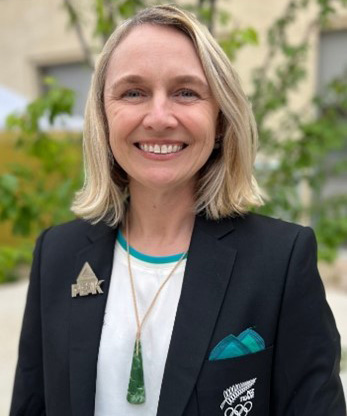
Closing the Education Gap: Advancing Female Athlete Health Through Global Collaboration
Dr Helen Fulcher, University of Auckland, High Performance Sport New Zealand joined by Christel Dunshea-Mooij, HPSNZ
Dr Helen Fulcher works at High Performance Sport New Zealand as the Acting Head of Medicine, and specifically Women’s Health Clinical Lead, involved in the strategic development and delivery of healthcare to elite female athletes. Dr Fulcher also holds a strategic role as the Athlete Performance Support Team Lead collaborating with the Heads of Discipline group and leading the integration of health and science into performance environments. Dr Fulcher is the NZ Lead in The Global Alliance for Female Athletes (GAFA). This is a partnership between sports institutes from Australia, the UK, the US, and New Zealand to improve female athlete health and performance by sharing research, best practices, and resources. GAFA’s goal is to create a centralized, accessible online hub with information on topics like menstruation, pregnancy, body image, and injuries, to address historical gaps in female athlete knowledge.
Christel leads the Female Athlete Research Impact Group pHERformance and Health which is one of the six Impact Teams at HPSNZ to drive innovation and address major performance based research questions within New Zealand’s High Performance Sport system. This group (which Dr Helen is a also a part of) has formalised partnerships across Universities/Research Institutes in NZ and have recently written a paper on “ADVANCING WOMEN’S HEALTH RESEARCH IN HIGH PERFORMANCE SPORT: AN INITIAL SCOPING OF NEW ZEALAND’S STRENGTHS, GAPS, AND GLOBAL OPPORTUNITIES”.
Key Research areas
- Ancestral Māori concepts of health obtained from the environment
- Production of Indigenous ESG (Environment, Social and Governance) AI powered plug ins.
- Environmental connections between climate change, well-being, indigenous ways of knowing and high performance sport.
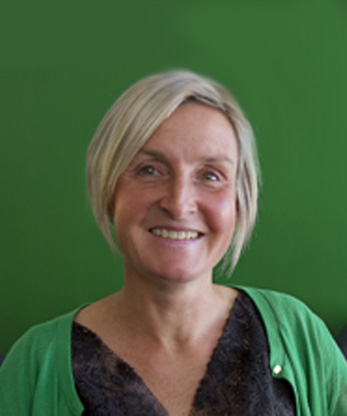
Sleep, Stress, and the Science of Winning: Lessons from Aviation Performance
PROFESSOR LEIGH SIGNAL
Leigh is Professor of Fatigue Management and Sleep Health at the Sleep/Wake Research Centre, School of Health Sciences, College of Health. She originally trained as a Commercial Pilot before completing a Masters in Industrial and Organisational Psychology and then her PhD in Public Health. Her current work brings together this background to inform two main streams of research.
She is internationally recognised for her research and expertise in fatigue management science for safety critical industries, particularly aviation. She has led studies in the lab, and on aircraft and in hypobaric chambers in collaboration with international research teams and funded by aircraft manufacturers, airlines, regulators and military agencies. She applies this science through the provision of advice to high risk industries and government agencies and has worked on taskforces for the United Nations agency for air safety. She also provides expert evidence to the Coroner, Police, Transport Accident Investigation Commission and WorkSafe.
Leigh’s second stream of research is centred around the sleep health of children, adolescents and mothers and is largely funded by competitive external grants. As part of this research, she co-leads Moe Kura, a longitudinal study of maternal and child sleep and health, that has a particular focus on sleep health inequities and in understanding the relationship between sleep and mental health.
Leigh’s expertise in sleep science and performance, aligned with her experiences in high performance sport (mother to elite athletes) lend themselves to an excellent understanding of the important lessons that can be applied to our sporting elite.

Building Champions Overnight: The High-Performance Secrets Behind a Dream Debut Season
Elias Boukarim, Head of Performance & Medical, Auckland Football Club
Elias is an ESSA-accredited High-Performance Manager, APA-registered Physiotherapist, Level 2 Sports Scientist, and ASCA Level 2 Strength and Conditioning Coach. He brings extensive expertise in athletic performance, injury prevention and high- performance management.
Elias currently serves as the Head of Medical and Performance at Auckland FC, where he played a pivotal role in establishing the club’s high-performance unit, overseeing the development of its systems, the setup of its facilities, and the recruitment of key staff. Auckland FC’s inaugural season was marked by significant success, most notably winning the premiership title.
Prior to joining Auckland FC, Elias spent seven years with Sydney FC, where he enjoyed a highly successful period that included four championship victories and three premiership titles. His clinical expertise lies in athlete development, performance profiling and collaborating closely with coaching staff to employ periodised tactical integration models.
Elias has published literature investigating the relationship between athlete workload, injury risk and illness and is a regular presenter on the topics of athletic development and high- performance sport practices.

From Lab to Locker Room: Translating Physiology into Performance
Performance Physiologist panel
Chelsea Winchcombe – Performance Physiologist – Sailing (monitoring loading),
Carl Bradford – Performance Physiologist – Cycling (innovation, research, translation),
Lucy Jacobs – Performance Physiologist – Olympics/Para – heat strategies/wearables
Behind every moment of peak performance lies a precise blend of science, innovation, and teamwork. In this session, three Performance Physiologists lift the lid on how physiology drives success in high performance sport—from quantifying training loads in elite sailing regattas, to advancing heat management strategies for Olympic environments, to shaping evidence-based training, preparation, and recovery systems. Through applied research, data-driven monitoring, and creative problem solving, these experts reveal how physiology helps transform potential into performance on the world stage.
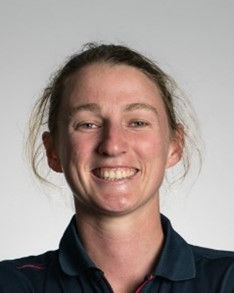
Physical Demands of ILCA sailing: From Research to Practice, an Iterative Loop
Performance Physiologist panel - Chelsie Winchcombe
This presentation explores how research has informed applied practice and, in turn, how applied practice has shaped new research directions in ILCA sailing. Using GPS and heart rate data, the initial study quantified the workload demands of high-level domestic regattas, leading to improvements in training prescription and monitoring of hiking duration. These applied insights have now informed the next phase of research comparing the intensity and specificity of on-water and off-water (hiking bench) training to further refine performance support for sailors.
Chelsie Winchcombe is currently a Performance Physiologist with High Performance Sport New Zealand, supporting the Yachting program. She has over five years’ experience working in the high-performance sport industry in Australia and New Zealand and is currently completing her PhD with the University of Western Australia. Her work focuses on understanding the competition demands of sport and using training science to help athletes perform at their best when it matters.
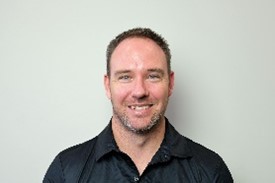
Inside Performance Physiology: Roles, Realities, and Research for Elite Sport Success
Performance Physiologist panel - Carl Bradford
A reflection on my homegrown journey into high-performance sport in New Zealand and what life looks like for a performance physiologist. I’ll share the skills that help young sport scientists succeed in elite environments and explore why translating research into practice remains a key challenge.
Following education from undergrad through to PhD at the University of Otago, Carl has been involved in various sport science-related roles, mostly within NZ but also overseas. Carl is currently a Senior Performance Physiologist with High Performance Sport NZ, where he has worked at Cycling NZ with the Women’s Track Endurance squad for the last 2 Olympic cycles. Carl’s research background and interest is in environmental physiology and thermoregulation, but applies his thinking to bring together a number of areas in his daily work with the athletes and coaches of the NZ Cycling Team.
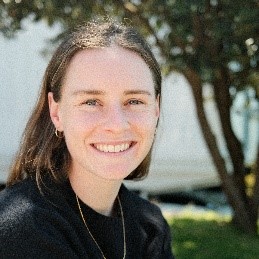
From Lab to Locker Room: Translating Physiology into Performance
Performance Physiologist panel - Lucy Jacobs
From Tokyo to Los Angeles, effective heat management continues to be a key pillar of performance for HPSNZ physiologists. Innovative cooling technologies, including neck and hand wearables developed internally at HPSNZ, are utilised across multiple Olympic disciplines. By integrating formal research with practitioner expertise, we can optimise athlete performance at major events, even as global temperatures rise.
Lucy Jacobs works at High Performance Sport New Zealand as a physiologist embedded in the Yachting and Swimming programmes. She collaborates closely with multidisciplinary teams of practitioners to deliver physiological support enabling elite athletes to optimise their performance.
She completed her Bachelor of Science at the University of Auckland and then continued an interest in heat tolerance into a Masters of Sport and Exercise at AUT. In preparation for the Tokyo 2020 Olympics, Lucy’s thesis examined thermoregulation and cooling wearables for endurance performance in extreme heat.
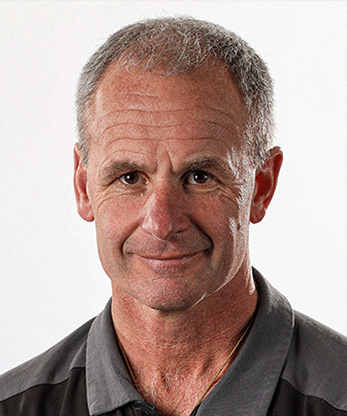
System Thinking in Sport: Translating High-Performance Theory into National Team Success
Keir Hansen (PhD, MBA)
Keir Hansen is the General Manager of High Performance at New Zealand Football, where he is responsible for the strategic oversight and delivery of the organisation’s national teams and high-performance programme. Since his appointment, the All Whites have qualified for the 2026 FIFA World Cup—only the third qualification in the nation’s history—and achieved their highest FIFA ranking since 2013.
Prior to this role, Keir served as Head of High Performance at Netball New Zealand, leading the high-performance programme that supported the Silver Ferns’ success at the 2019 Netball World Cup. His earlier experience includes serving as National Strength and Conditioning Manager at High Performance Sport New Zealand, where he contributed to athlete development and performance initiatives across multiple Olympic and professional sporting codes.
Dr Hansen’s professional expertise lies in the design and implementation of integrated high-performance systems, fostering evidence-informed practice, and aligning multidisciplinary teams to enhance athlete preparation and international competitiveness.


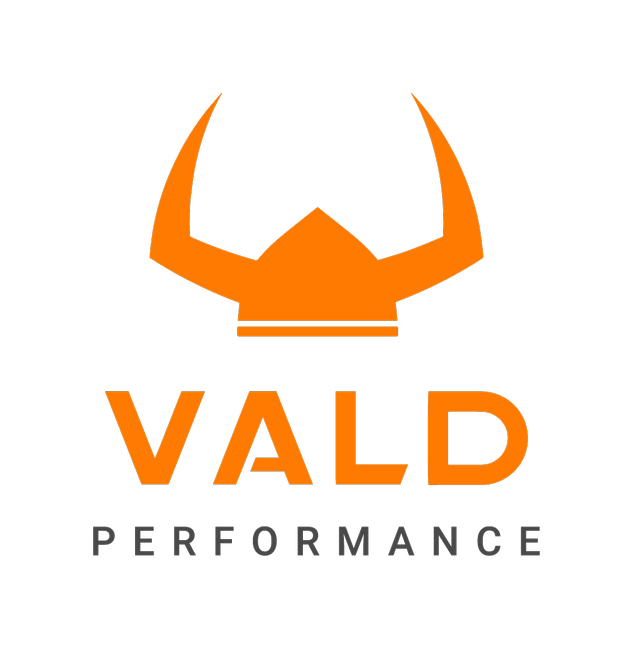
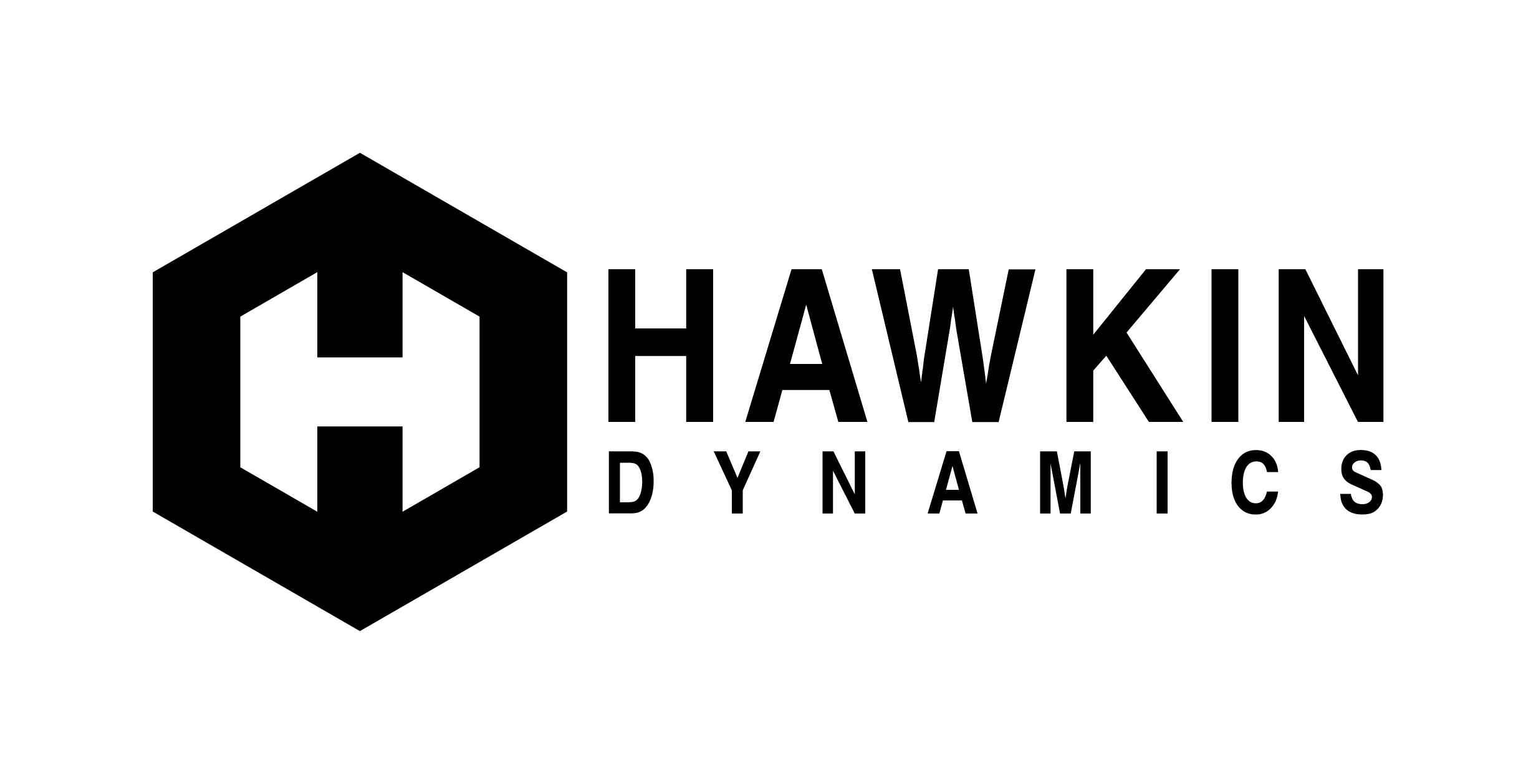


![RTP_Banner_large[1]](https://sesnz.org.nz/wp-content/uploads/2025/09/RTP_Banner_large1.png)